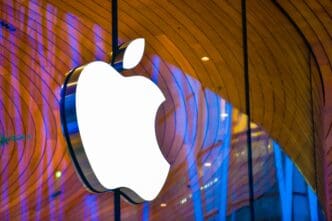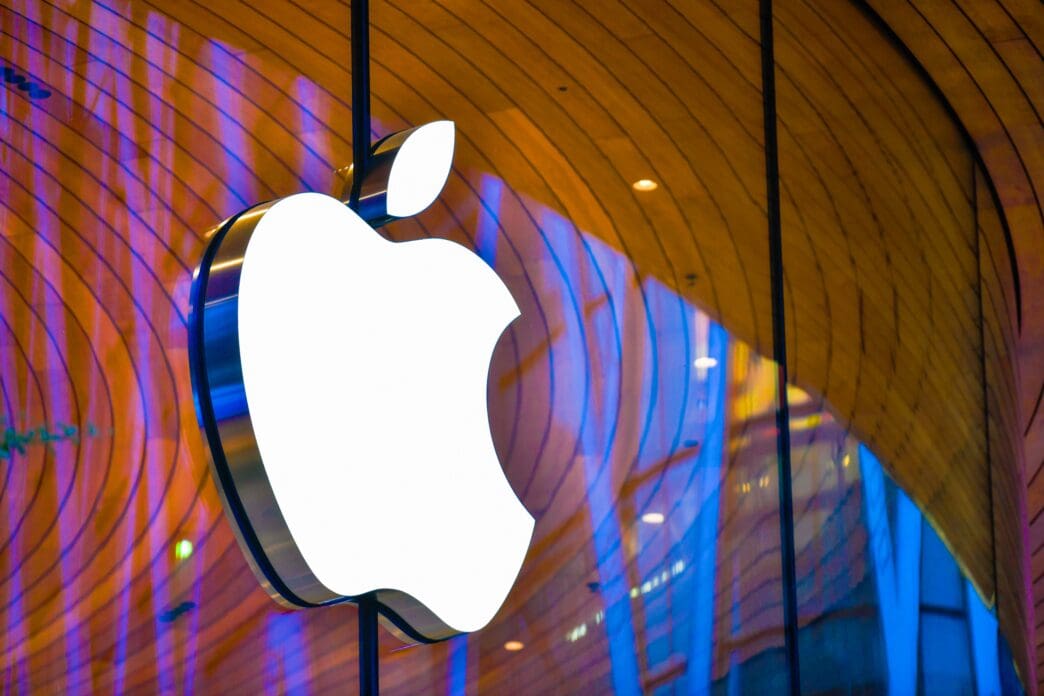Executive Summary
The Story So Far
Why This Matters
Who Thinks What?
Apple Inc. has introduced several new products, including an updated Vision Pro headset, a 14-inch MacBook Pro laptop, and new iPad Pro models, all featuring its new M5 chip, which the company states is “optimized for AI.” These releases, timed for the upcoming holiday shopping season, aim to bolster sales amidst investor scrutiny regarding the company’s stock performance and broader market challenges.
New Product Lineup
The newly announced devices include an updated Vision Pro headset, starting at approximately $3,500, a 14-inch MacBook Pro laptop, beginning around $1,500, and new iPad Pro models, with prices starting from about $900. These products complement Apple’s recent releases, such as the latest iPhones introduced last month, completing its updated lineup for the crucial holiday buying period.
The integration of the M5 chip across these platforms highlights Apple’s focus on artificial intelligence capabilities. The company positions this chip as a significant advancement for AI performance within its hardware ecosystem, potentially enhancing user experience and functionality across its product range.
Investor Sentiment and Market Performance
While iPhones continue to be Apple’s primary revenue driver, accounting for over half of sales in the first nine months of the current fiscal year, other segments like iPads contribute nearly 7%. The company’s services division also represents a substantial portion of its business, making up approximately a quarter of its nine-month sales.
Despite the new product launches, investors are navigating several concerns. Renewed trade tensions with China have raised questions about potential tariff impacts on Apple’s supply chain and sales. Additionally, some investors are awaiting the rollout of Apple’s latest AI services. Analysts at Jefferies have also noted a potential shift in new iPhone sales towards less-profitable models, adding to market caution.
Apple’s stock has faced headwinds, declining 1% this year through Thursday’s close. This performance positions it as one of only two companies within the “Magnificent 7” tech group that has not seen gains, and it stands as the worst performer among them over the past 12 months, contrasting with the S&P 500’s approximately 13% rise. Despite these challenges, Apple maintains a significant market capitalization of $3.67 trillion.
Wall Street analysts, as tracked by Visible Alpha, currently project limited upside for Apple’s stock, with a mean price target only 2% above its recent closing price.
Outlook for Holiday Season
The introduction of these new AI-optimized devices aims to stimulate holiday sales for Apple. However, the company faces scrutiny from investors grappling with macroeconomic headwinds, competitive pressures, and questions about future growth drivers beyond its core iPhone business.







